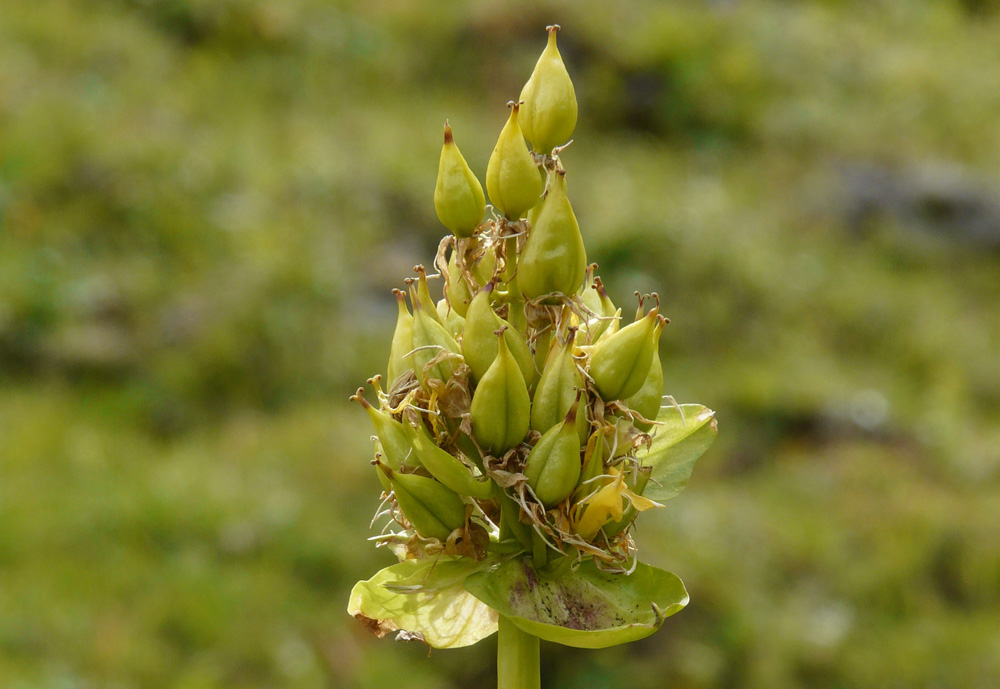TABLE COP27 series: Online panel discussion
In order to limit global warming to 1.5°C, we not only need to bring greenhouse gas (GHG) emissions down as close to zero as possible, but also actively take carbon dioxide (CO2) out of the atmosphere. The carbon sequestration potential of land has drawn increasing attention as the need to achieve negative emissions becomes ever more urgent.
When it comes to agriculture, the role of ruminant livestock (e.g., cattle, sheep, and goats) in sequestering CO2 through grazing on the one hand, and in contributing to GHG emissions and other environmental damage on the other have become highly polarized topics of debate. Some argue that well-managed grazing systems can help draw down CO2 from the atmosphere and lock it in soils, while yielding a range of other benefits for water and biodiversity. Others, however, highlight the association between ruminant livestock expansion, deforestation, and soil degradation, with accompanying declines in soil quality, water retention and biodiversity.
So what does the science actually say? How do the specificities of local context fit into our understanding of global land use interactions and into wider debates about what a good food system looks like?
To explore these questions, join TABLE for a panel discussion on 14 September at 6pm BST with leading thinkers and researchers on agriculture, food systems and climate change mitigation.
Register HERE
